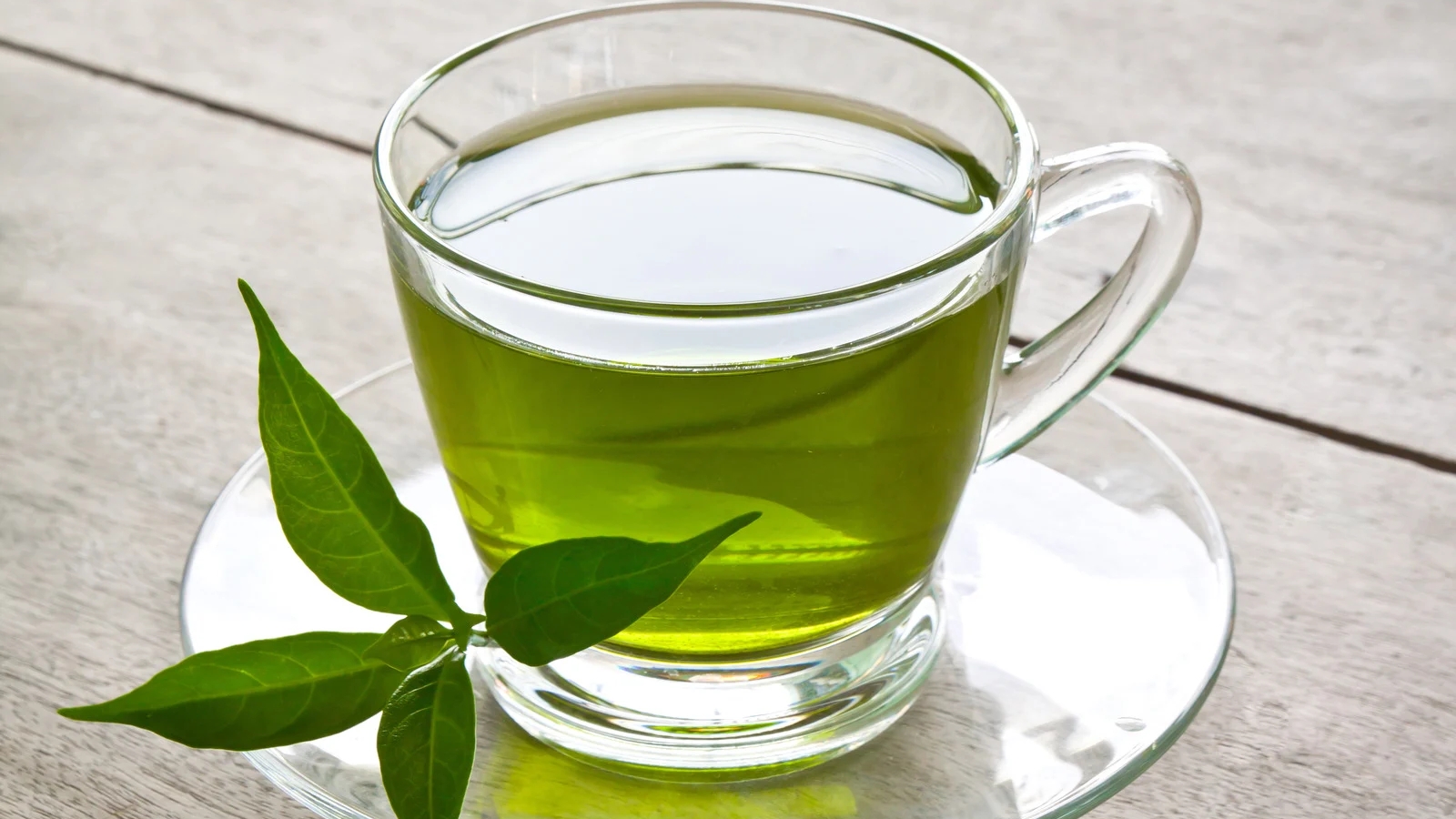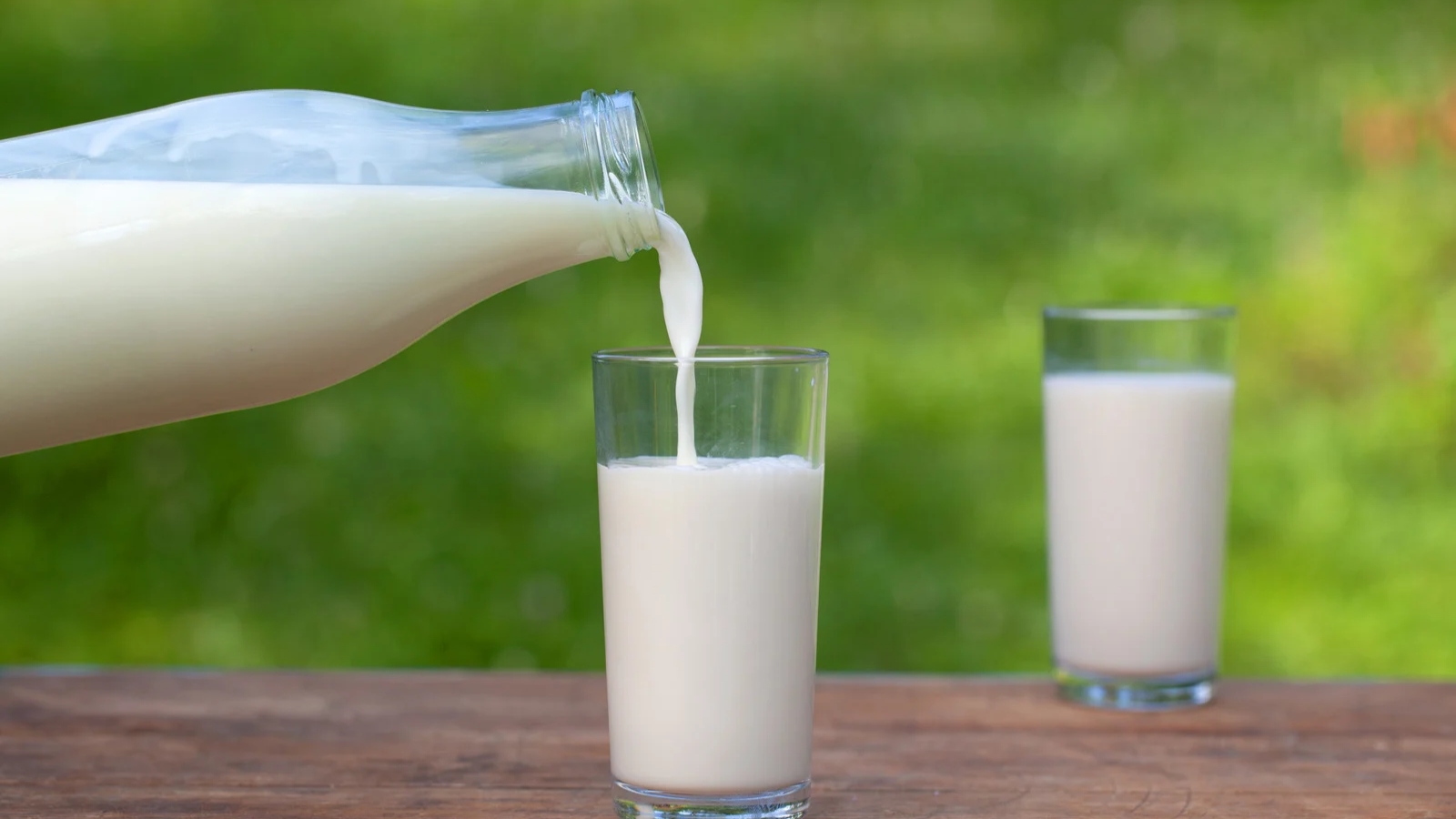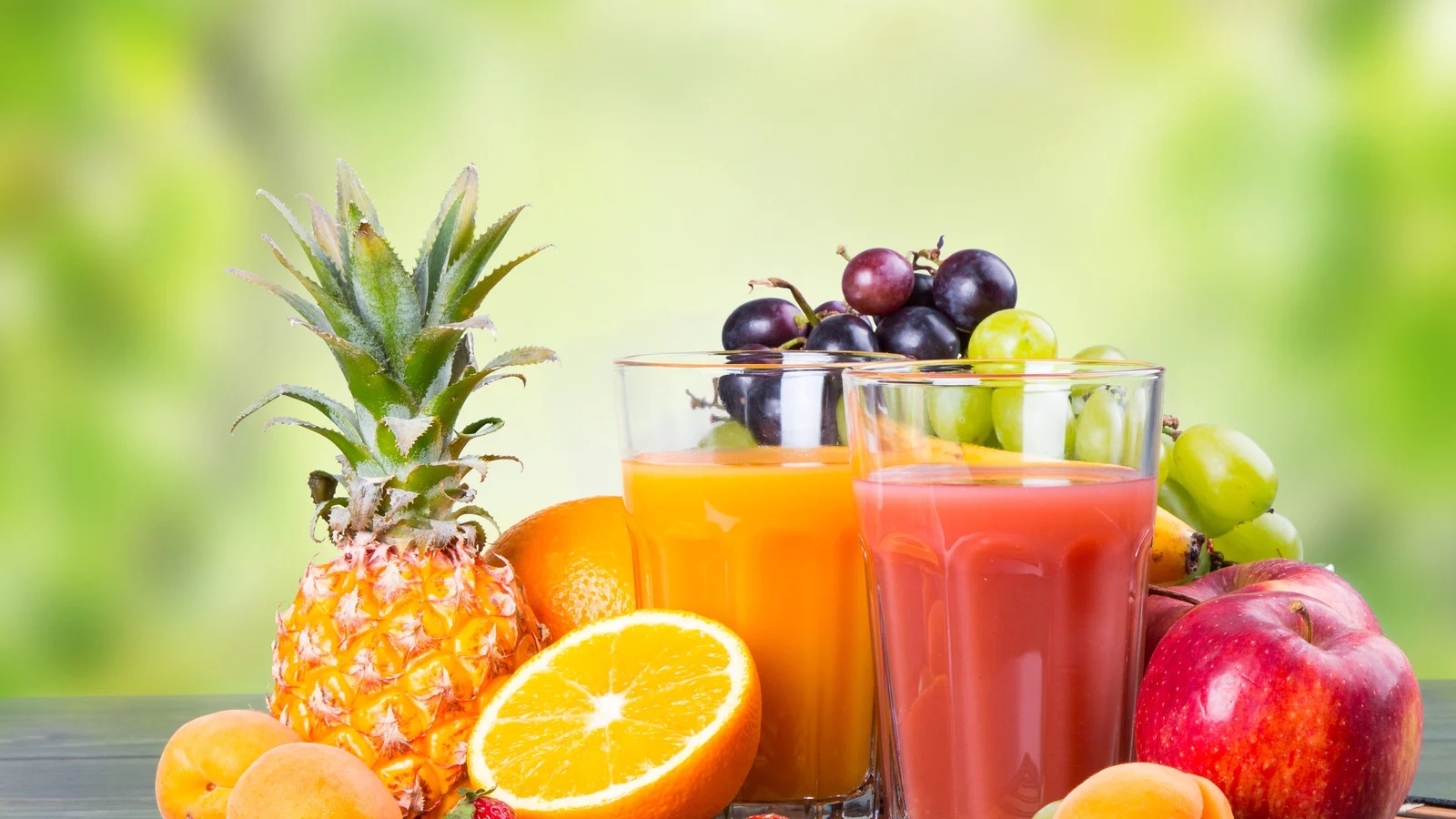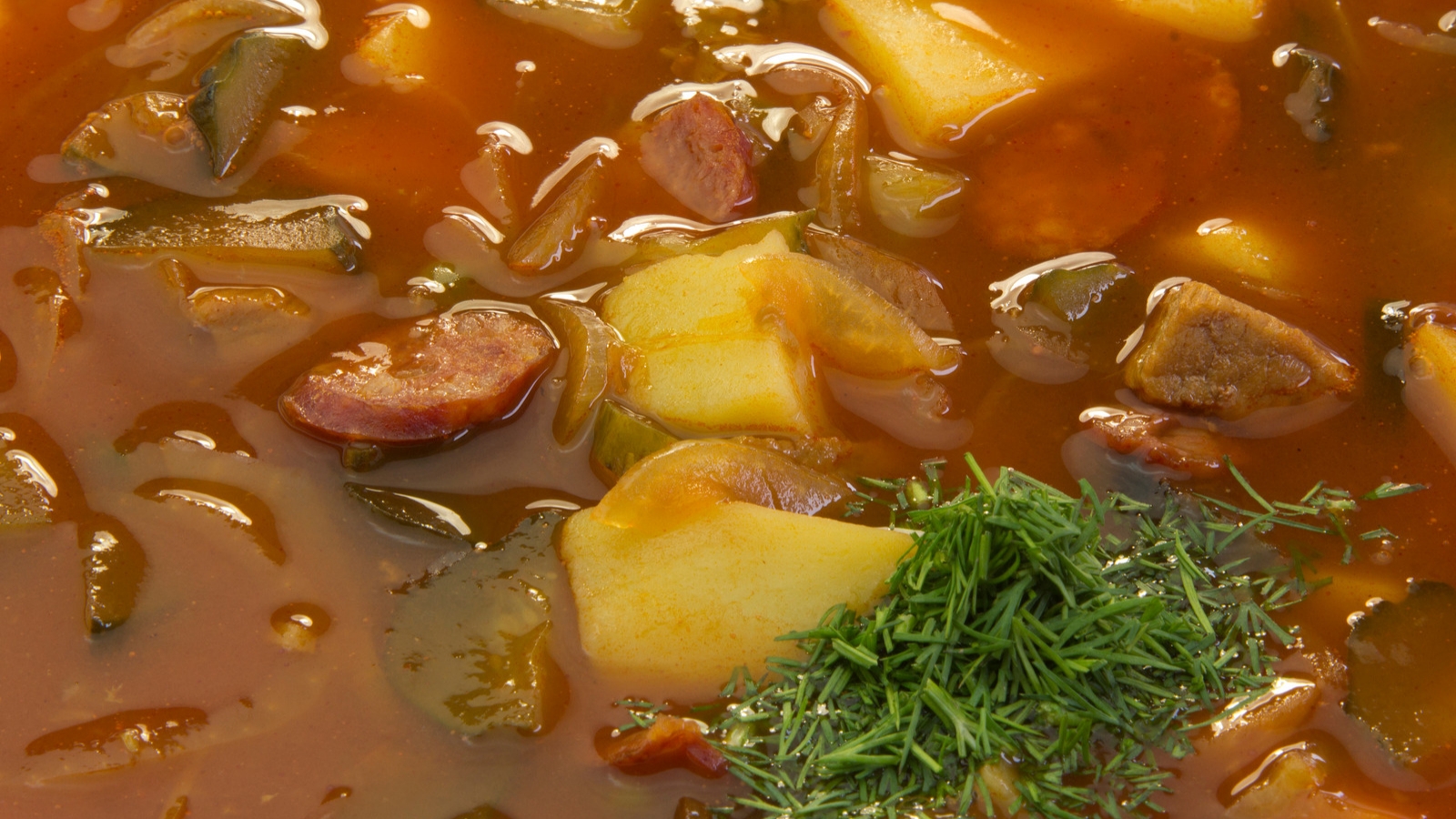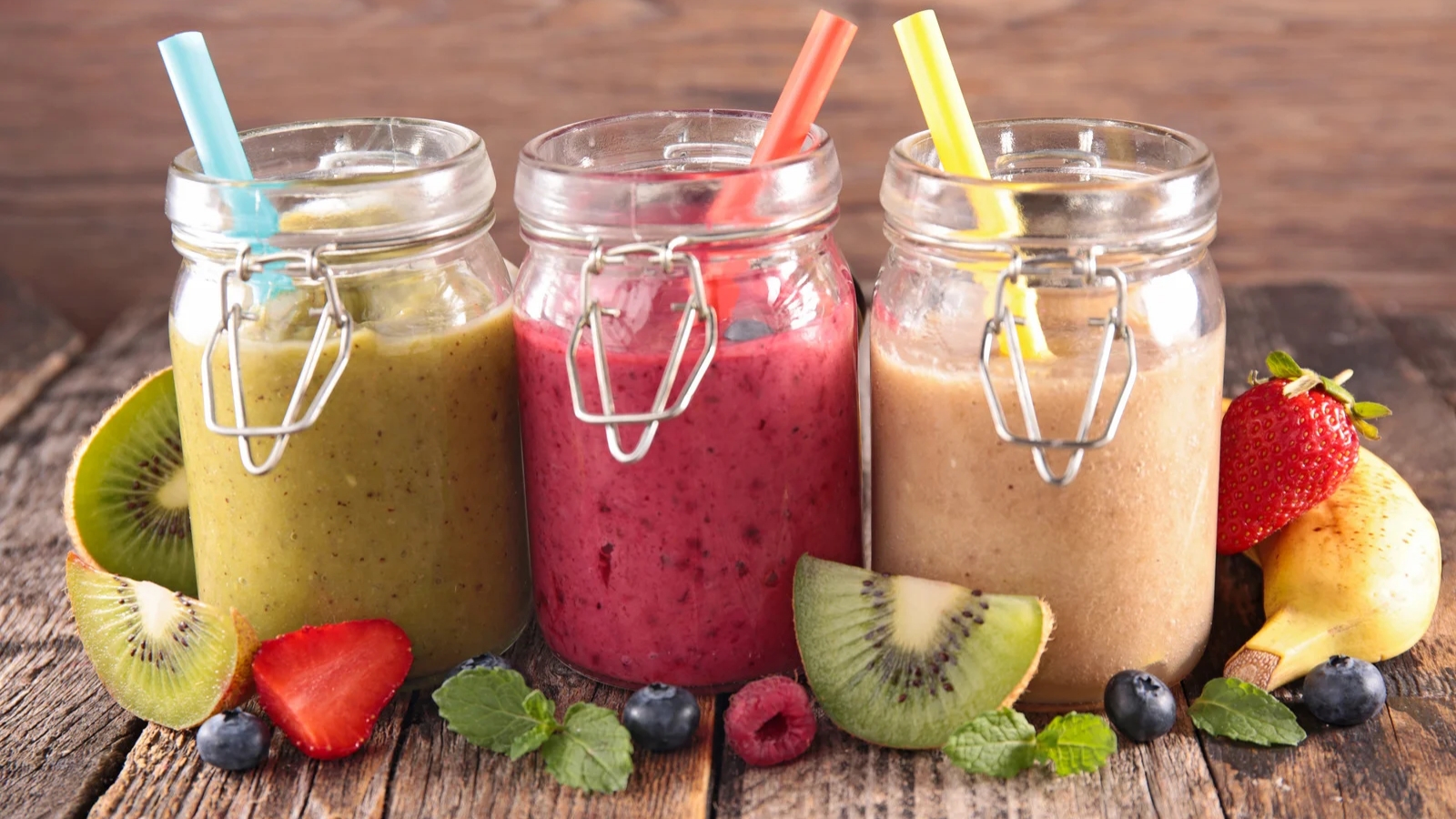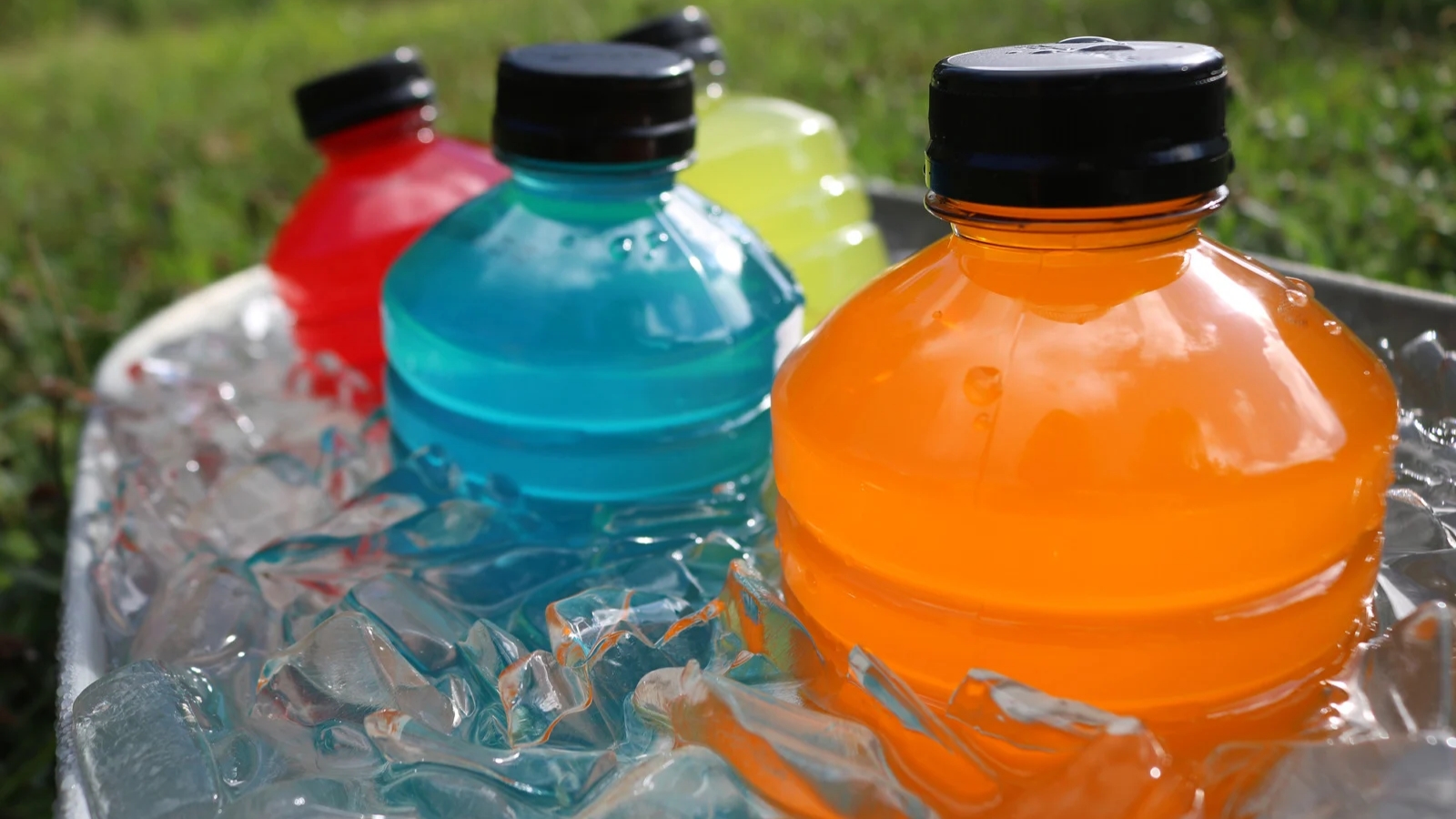Dehydration happens when your body loses more fluids than it takes in. This affects normal body functions such as circulation, digestion, and temperature regulation. Many people think thirst is the only sign of dehydration, but your body sends out several other signals.
This article explains how to tell if you are dehydrated and suggests healthy drinks you can choose when plain water is not enough or you want variety.
Common Signs of Dehydration
Dehydration can affect people of all ages. Recognizing the signs early helps prevent complications and keeps your body functioning correctly.
Key symptoms include:
- Dry mouth and lips
- Dark yellow urine or less frequent urination
- Fatigue or low energy
- Dizziness or lightheadedness
- Headaches
- Dry skin that does not bounce back quickly when pinched
If you notice two or more of these signs, you likely need to increase your fluid intake.
How Dehydration Affects the Body
When your body lacks enough fluids, it struggles to carry nutrients and oxygen through the blood. This makes daily activities feel more difficult. Muscles tire more quickly, digestion slows down, and body temperature control weakens.
In severe cases, dehydration can cause confusion or a rapid heartbeat. These conditions require medical attention. Staying hydrated is not just about comfort; it supports every essential system in your body.
Why Thirst Is Not Always Reliable
You may think that feeling thirsty is the best way to measure hydration, but that is not always true. By the time you feel thirsty, your body may already be in the early stages of dehydration.
Other factors, such as hot weather, exercise, or illness, can increase fluid loss before you realize it. Watching urine color is a more reliable method. Pale yellow urine usually means you are hydrated, while dark yellow or amber urine signals dehydration.
What to Drink Instead of Water
While water remains the best source of hydration, other options can help you stay hydrated and add nutrients. Some drinks provide electrolytes, vitamins, and natural sugars that support recovery and energy.
Coconut Water
Coconut water is a natural source of electrolytes such as potassium and sodium. These minerals help balance fluids in your body and support muscle function. It is an excellent choice after exercise or during hot weather when you lose fluids through sweat.
Drink it chilled for quick refreshment. Choose unsweetened versions to avoid unnecessary sugar.
Herbal Teas
Herbal teas provide hydration while offering calming or soothing effects depending on the herbs used. Peppermint tea can ease digestion, while chamomile tea supports relaxation.
Because herbal teas are caffeine-free, you can drink them throughout the day without worrying about fluid loss. They are a gentle way to stay hydrated while adding variety to your routine.
Milk
Milk contains a balance of carbohydrates, protein, and electrolytes that make it effective for hydration. Studies suggest that milk may rehydrate the body better than water after exercise because it slows fluid loss.
Both dairy and fortified plant-based milks, such as soy or oat milk, provide similar benefits. They also add calcium and vitamin D, which support bone health.
Fresh Fruit Juices
Freshly squeezed juices from oranges, watermelon, or cucumber provide fluids along with vitamins and minerals. Vitamin C in citrus juices also supports immunity.
Keep servings small and avoid packaged juices with added sugar. Diluting juice with water is a good way to reduce sugar content while keeping hydration benefits.
Soups and Broths
Soups and broths are liquid-based meals that supply both fluids and nutrients. Warm broths are especially useful if you are dehydrated from illness, as they replace sodium and other minerals lost through sweating or fever.
Clear vegetable or chicken broth is easy to digest and helps restore hydration. Homemade versions allow you to control salt levels and avoid additives.
Smoothies
Smoothies made with fruits, vegetables, and yogurt offer hydration plus vitamins, minerals, and protein. They are thicker than juices but still contribute to your fluid intake.
For best results, use water-rich ingredients such as cucumbers, spinach, or berries. Adding yogurt also supports gut health while improving texture.
Sports Drinks
Sports drinks are designed to replace electrolytes lost through heavy sweating. They are helpful for athletes or people engaging in long, intense workouts.
Choose low-sugar versions and use them only when needed. For everyday hydration, sports drinks are not necessary, but they can be helpful in specific conditions.
Drinks to Limit
Not every drink supports hydration effectively. Some can make dehydration worse. Be mindful of:
- Sugary sodas that add calories without restoring fluids
- Energy drinks are high in caffeine, which increases fluid loss
- Alcoholic beverages that cause dehydration by increasing urine output
Limiting these options helps your body stay hydrated more efficiently.
Tips to Stay Hydrated Daily
Hydration should be a regular habit, not just a response to thirst. A few simple practices help you avoid dehydration during the day.
Practical tips:
- Carry a refillable water bottle and sip regularly
- Eat fruits and vegetables with high water content, such as cucumbers, oranges, and melons
- Start your morning with a glass of water before coffee or tea
- Rehydrate after workouts with fluids and light snacks
- Set reminders if you forget to drink throughout the day
By making hydration part of your routine, you keep your body balanced and reduce the risk of dehydration.
Conclusion
Dehydration affects energy, focus, and overall health more than many people realize. Recognizing signs such as dark urine, fatigue, and dry skin helps you act early and restore your fluid balance.
While water remains the best choice, drinks such as coconut water, herbal teas, milk, and smoothies provide healthy alternatives. Pairing these with water-rich foods gives your body the hydration it needs. By paying attention to your fluid intake daily, you keep your body functioning well and avoid the adverse effects of dehydration.

